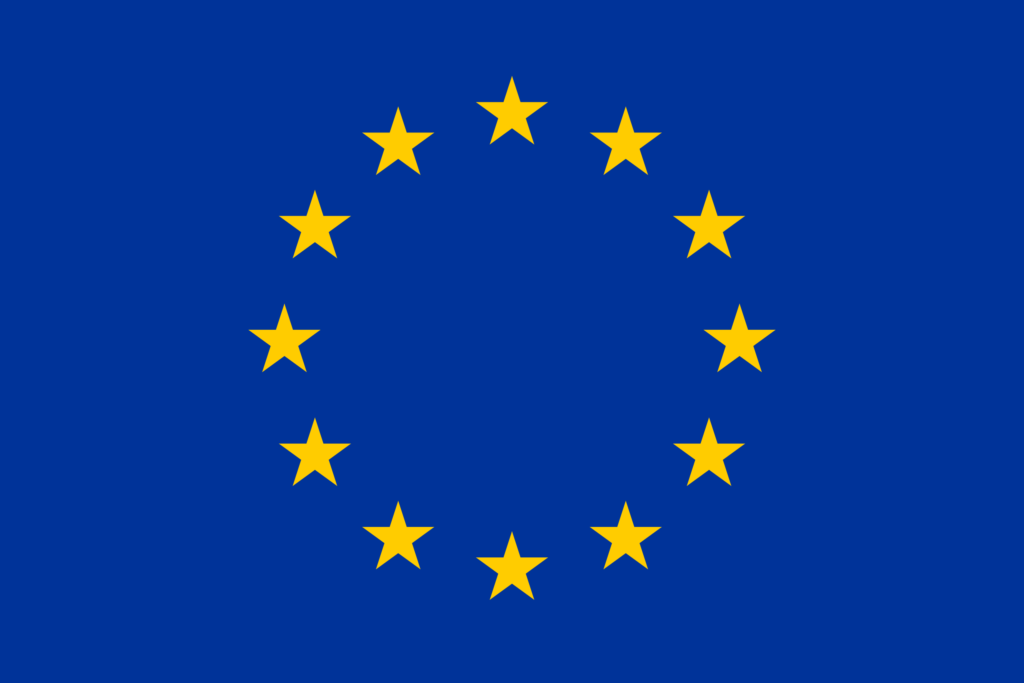Discover UNLOCK!
The European poultry sector generates 3.6 million tonnes of waste feathers each year, of which only around 25% are collected separately and valorised. In line with the EU Bioeconomy Strategy, UNLOCK proposes to valorise this waste stream and design a new economically and environmentally sustainable value chain.
The bio-based products created will be tailored to the needs of the agriculture sector, with the creation of seed trays, nonwoven geotextiles, mulch films and hydroponic foams through four different technical processes, depending on the type of end products desired.
And as feathers contain nearly 90% keratin, the innovative materials arising from this new value chain will present additional advantages at the end of the product’s life: keratin-based materials are targeted to be zero waste and allow for controlled biodegradability, while also enriching soils with organic nitrogen.
How will the project unlock the potential of feathers?
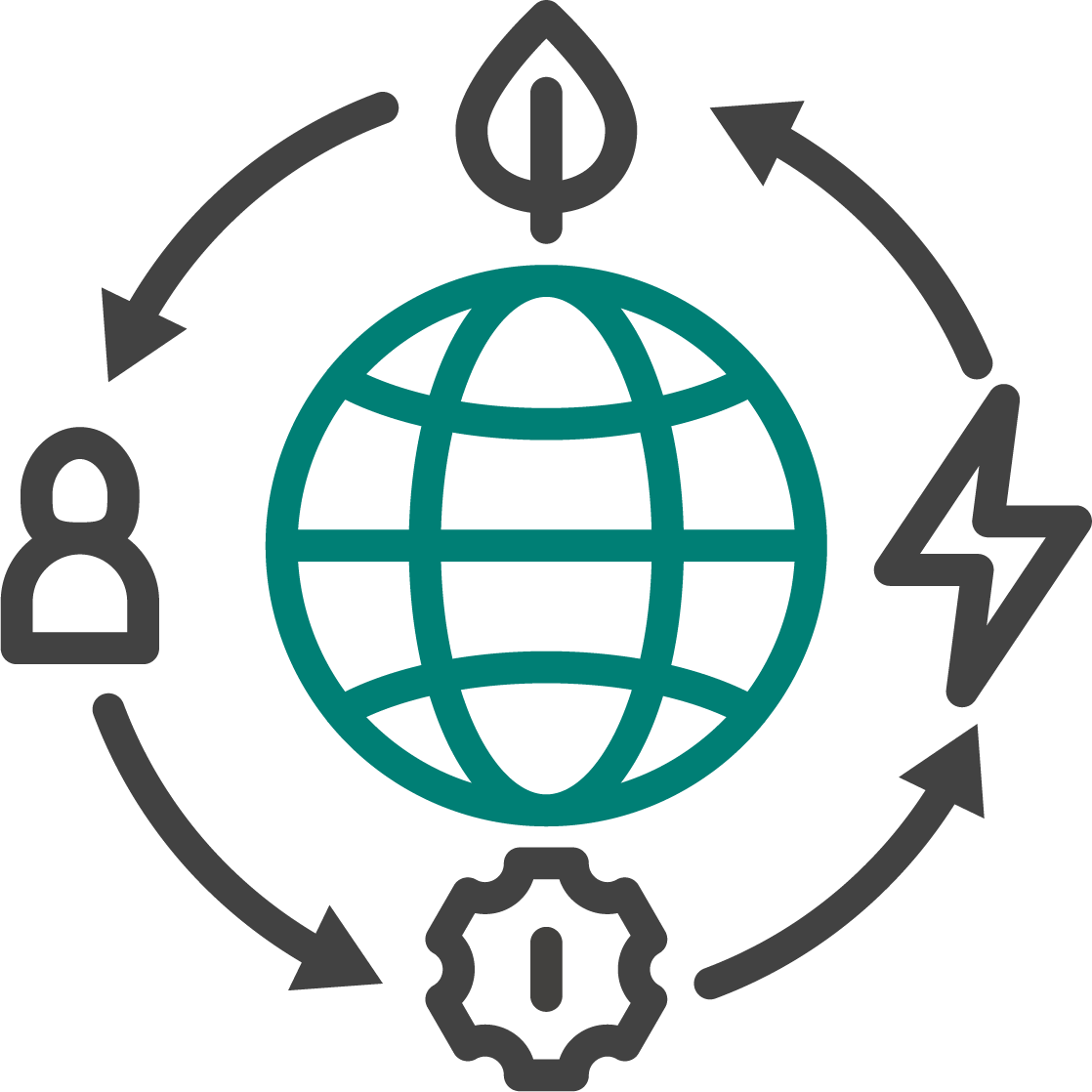
1. Design smart regional value chains

2. Optimise feather conversion technologies
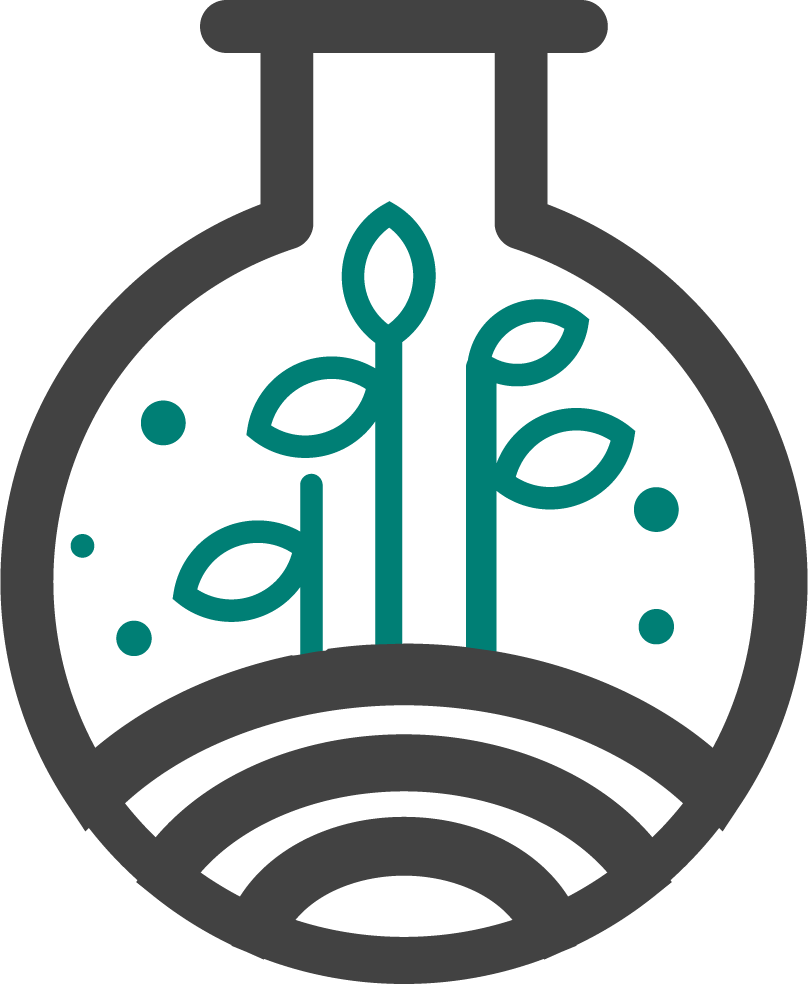
3. Develop end products for agricultural applications

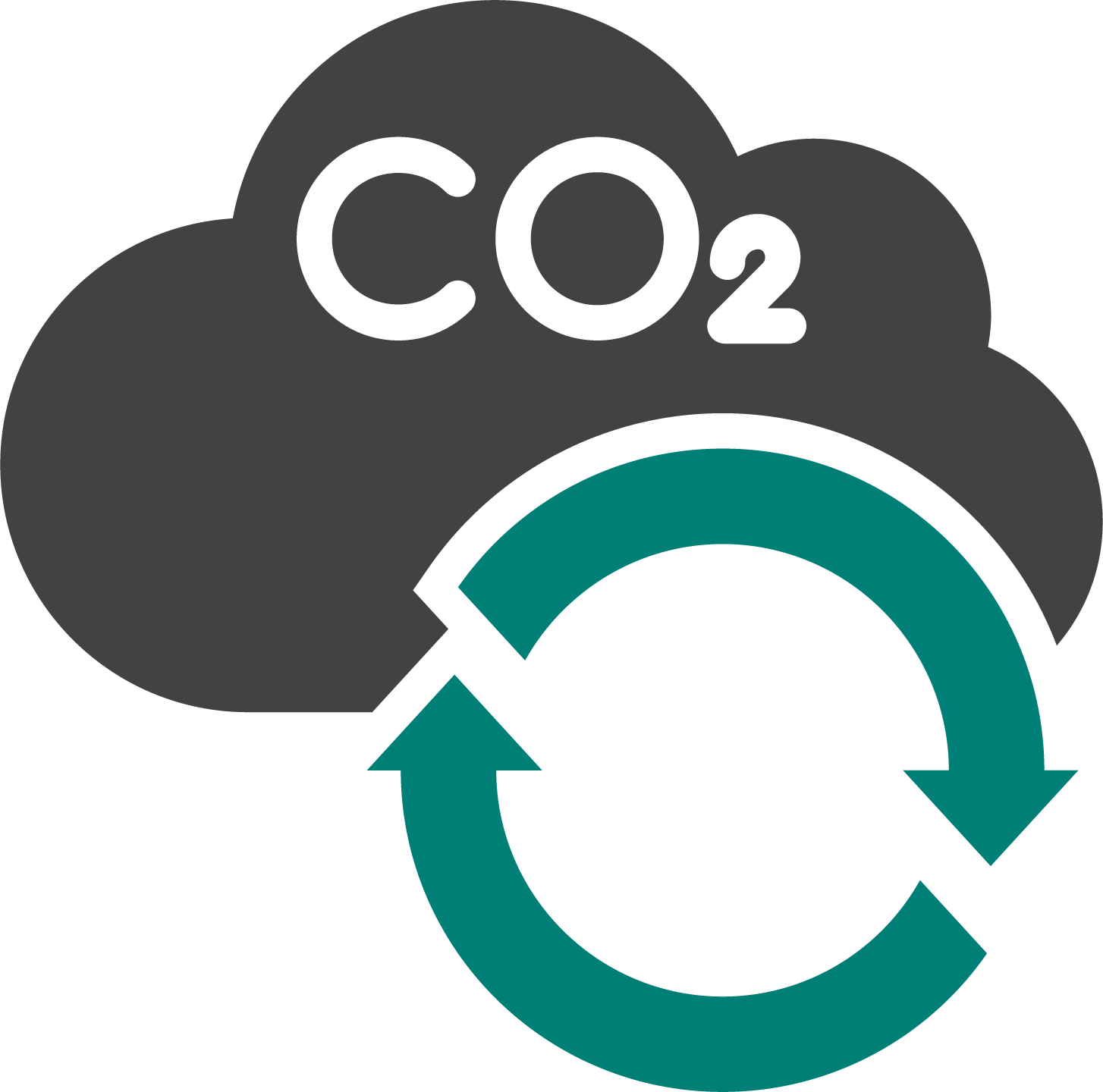
4. Utilise eco-design to close nutrient and carbon cycles

5. Study economic, social and environmental feasibility
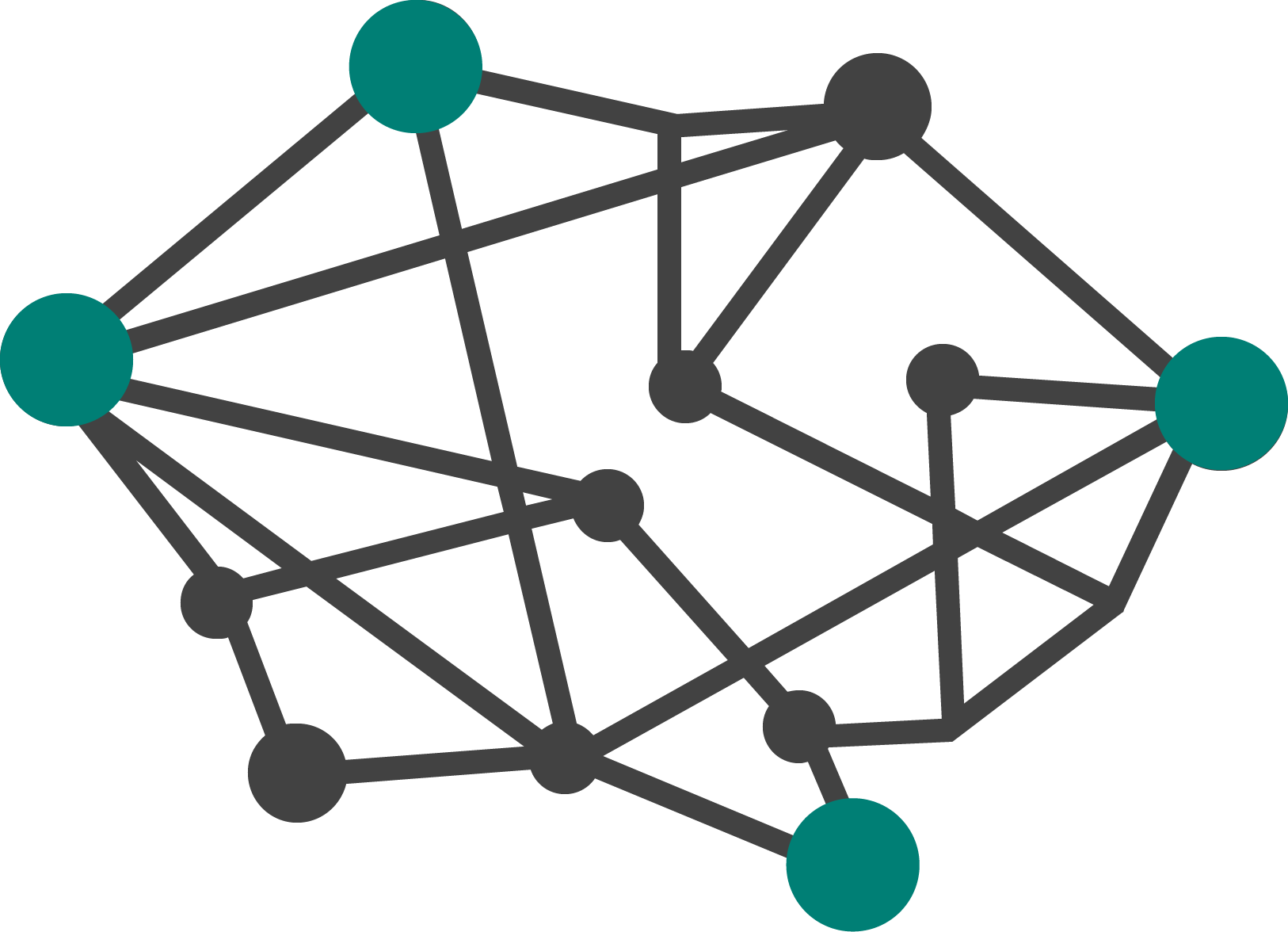
6. Prepare the market through regional innovation clusters
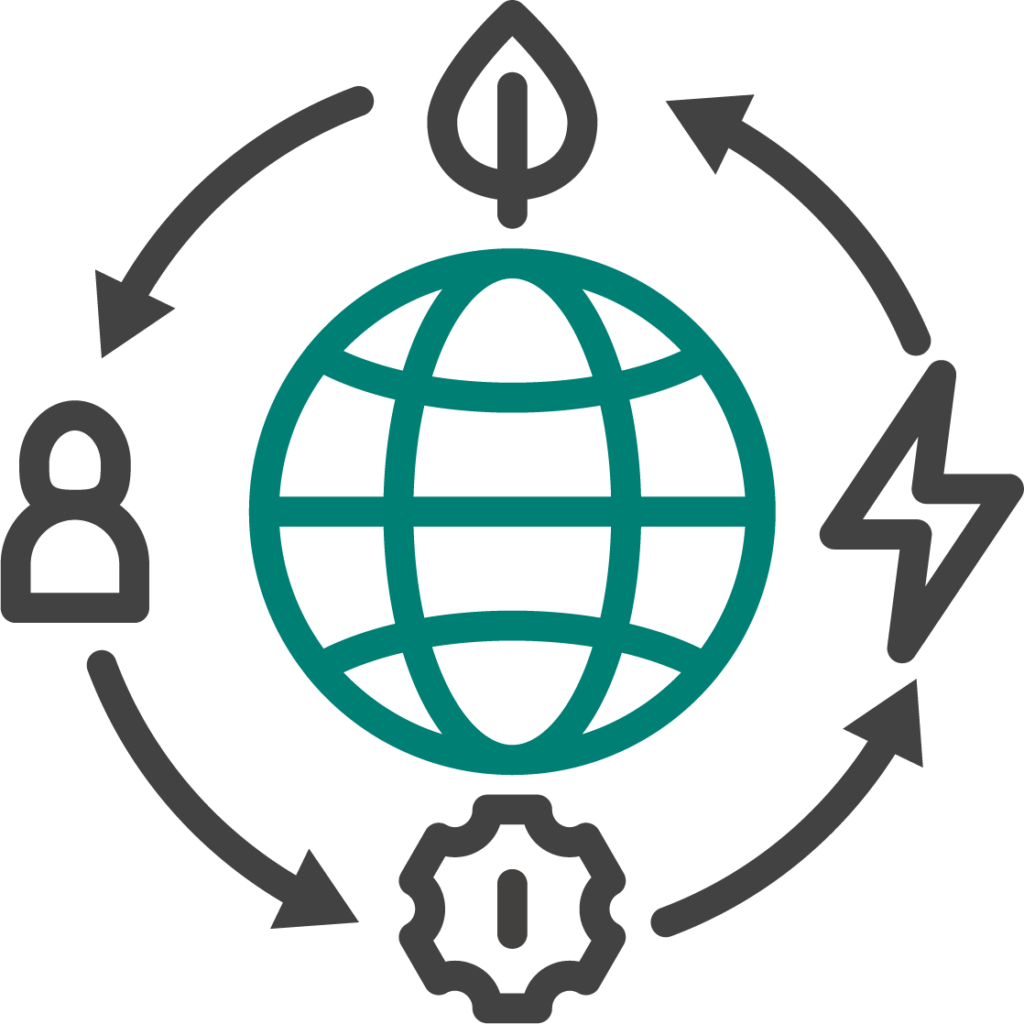
Design smart regional value chains
Separate collection, storage and transport of feathers remain hurdles to be solved.
UNLOCK will provide a comprehensive snapshot of the existing poultry feather value chains, measuring its technical, economic and financial feasibility, and proposing optimised logistics strategies.
Microbial degradation can already occur after 6 hours, if feathers are not stored under chilled conditions.
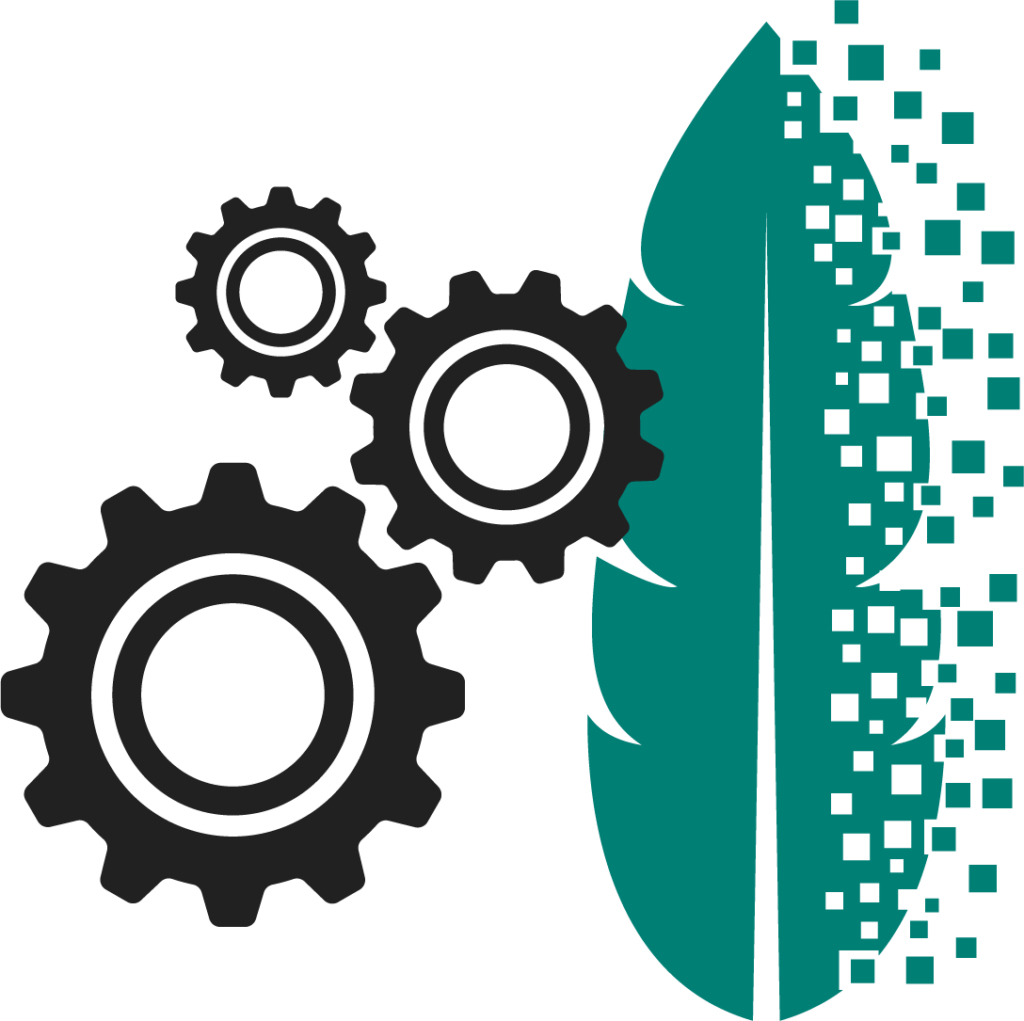
Optimise feather conversion technologies
The effect of treatments conditions on the final properties of keratin-based products needs to be further investigated.
UNLOCK will conduct analyses to improve the efficiency of the following four conversion treatments, used for different end-applications:
Treatment conditions such as time or temperature have an impact on the products' biodegradability.
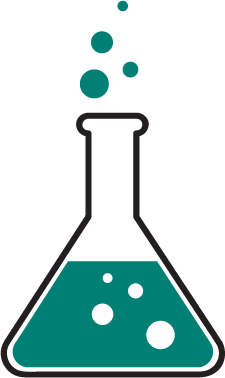
Chemical hydrolisis
The fragmentation of keratin protein into peptides and aminoacids using acids or alkalis.
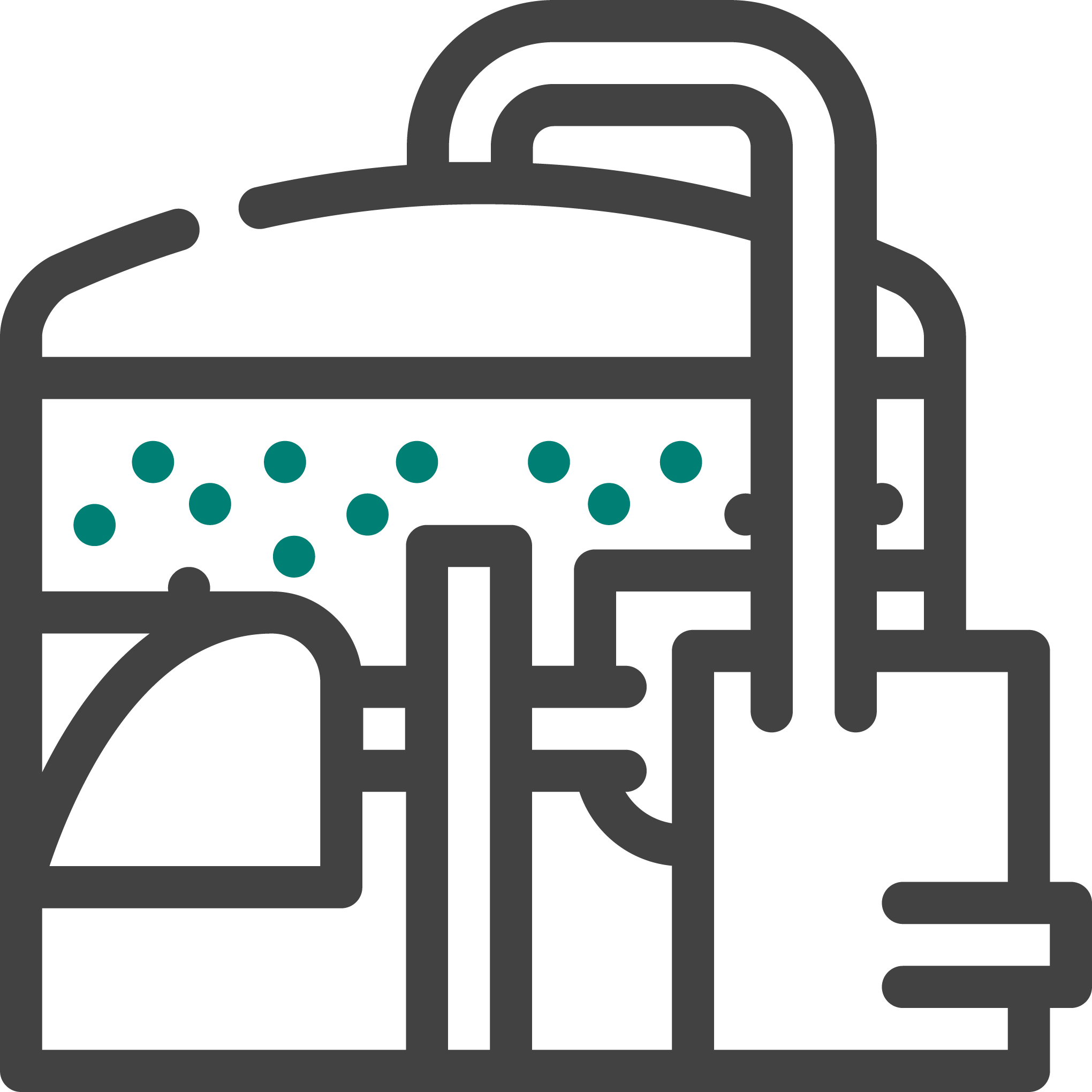
Steam explosion
A physical process that uses temperature and pressure to break down feather structure?.

Mechanical grinding
Refers to the physical process to mechanically reduce feather size.
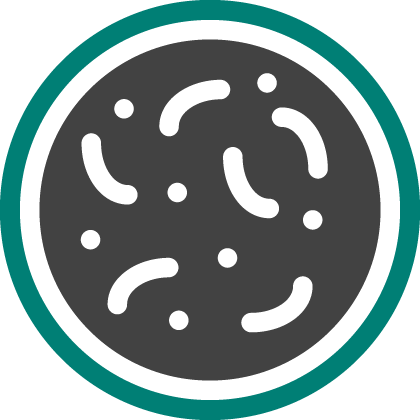
Microbial fermentation
A bioprocess whereby some bacteria are able to produce feather-digesting enzymes that will fractionate keratin.

Develop end products for agricultural applications
Plastics used in agriculture are not sufficiently recycled due to contamination at use phase, and so far biodegradable alternatives are not widely used.
To replace fossil-based products, UNLOCK will demonstrate the production of sustainable keratin-based end-products with tailored biodegradability properties at the end-of-life:
7 million tonnes
Plastics used in agriculture each year – 2% of global plastic production
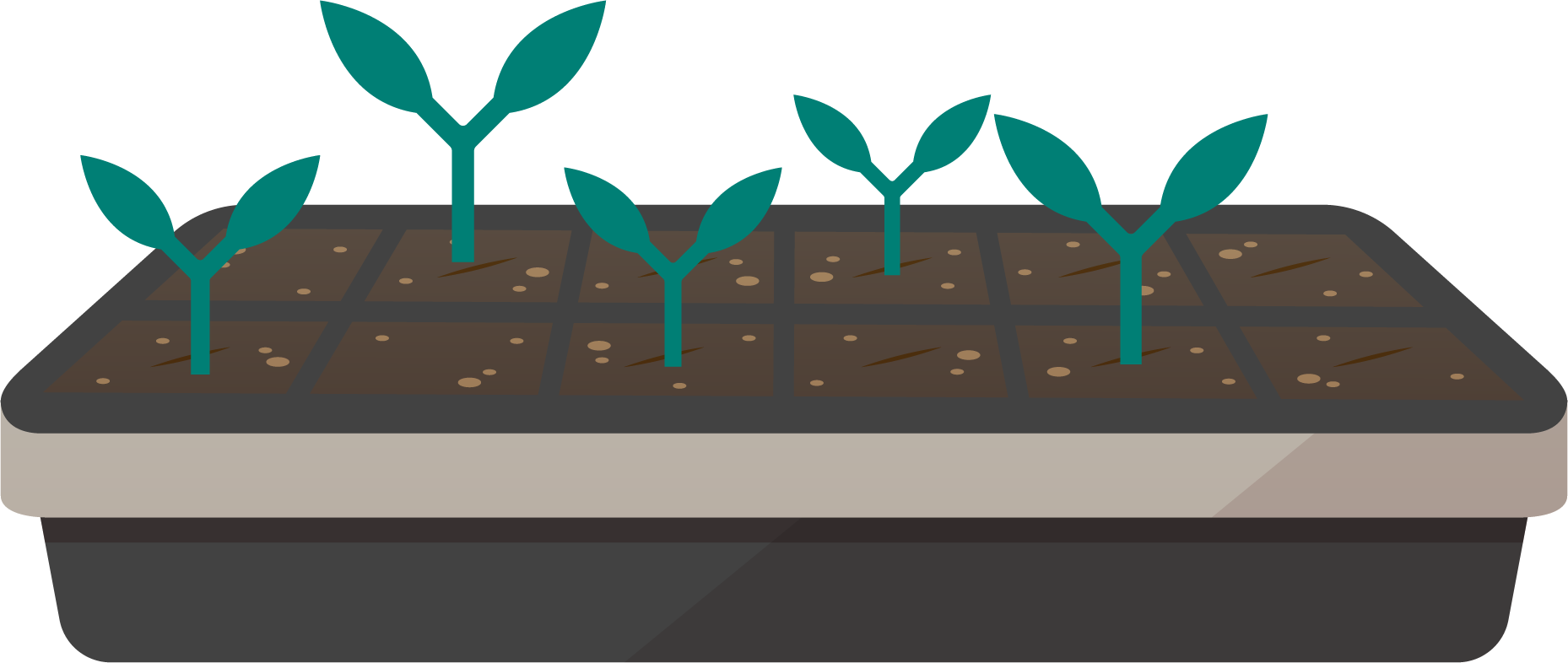
Forest and seed trays
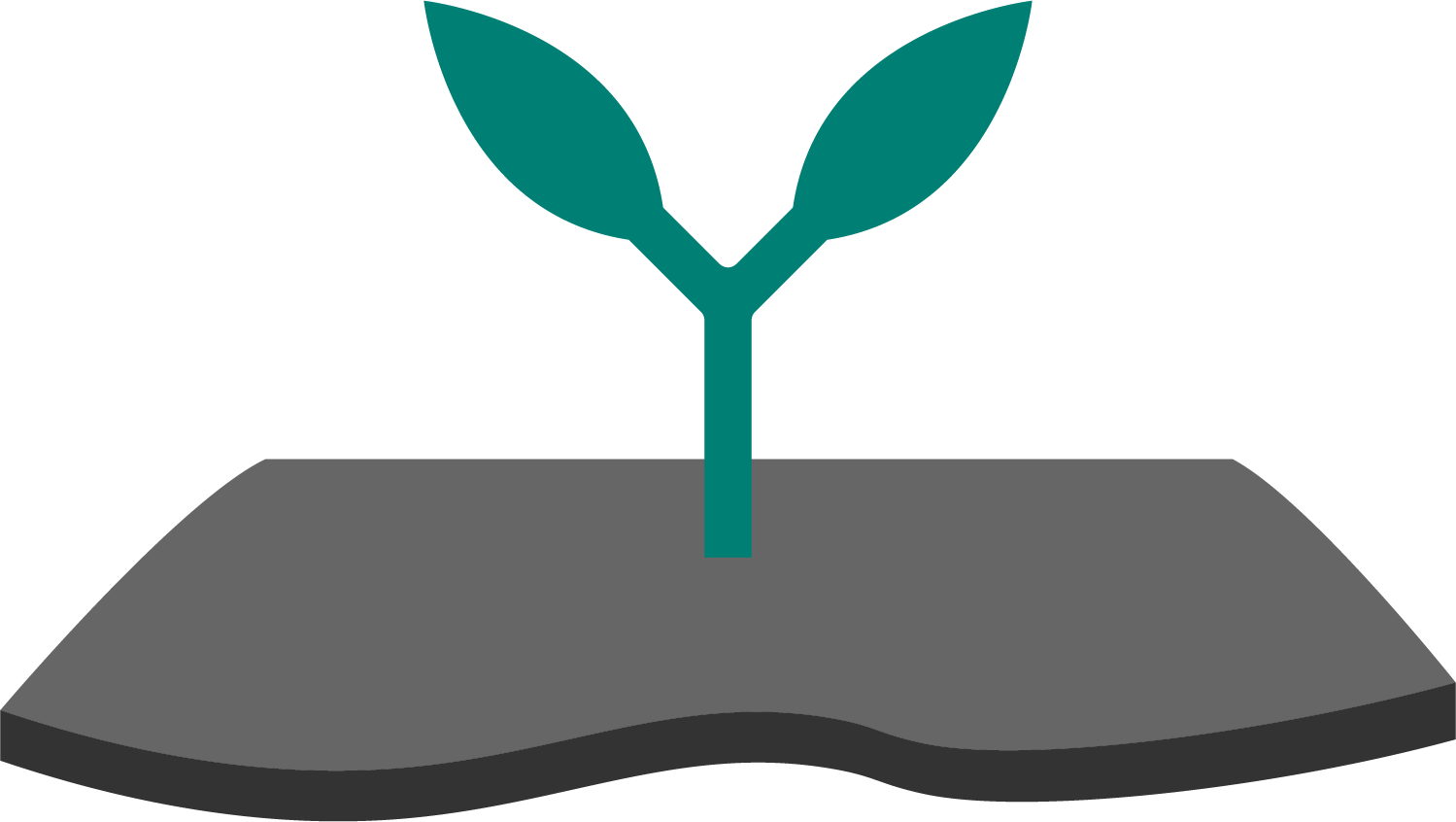
Mulch films
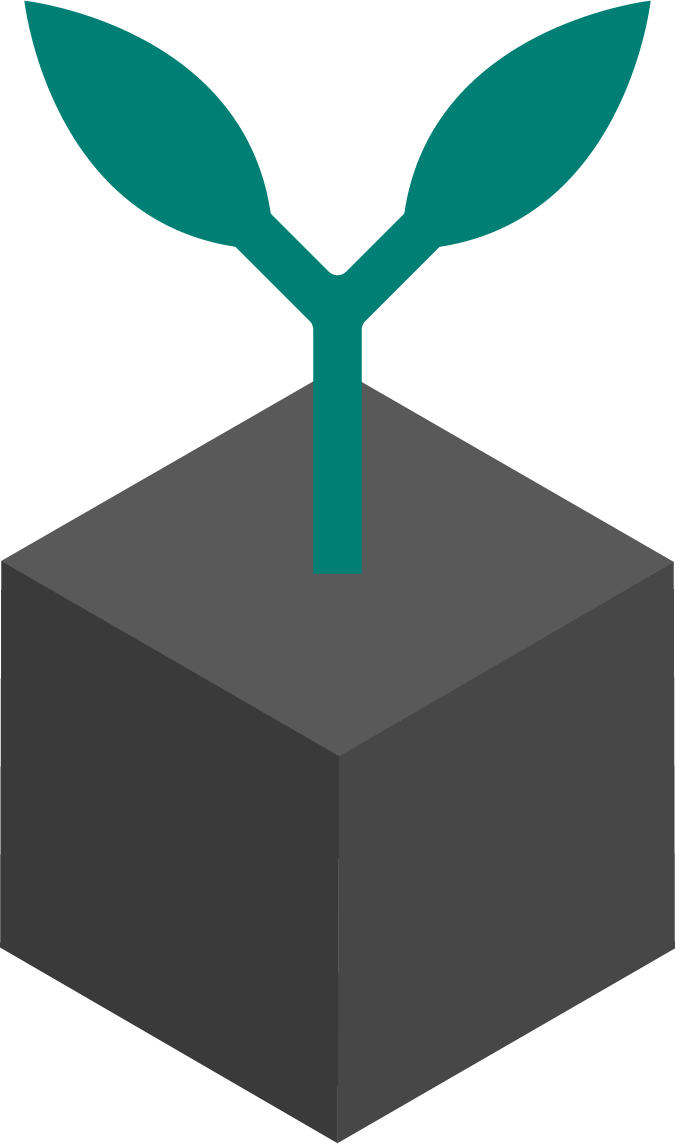
Hydroponic foam
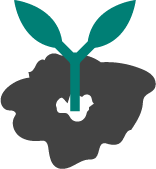
Nonwoven geotextile
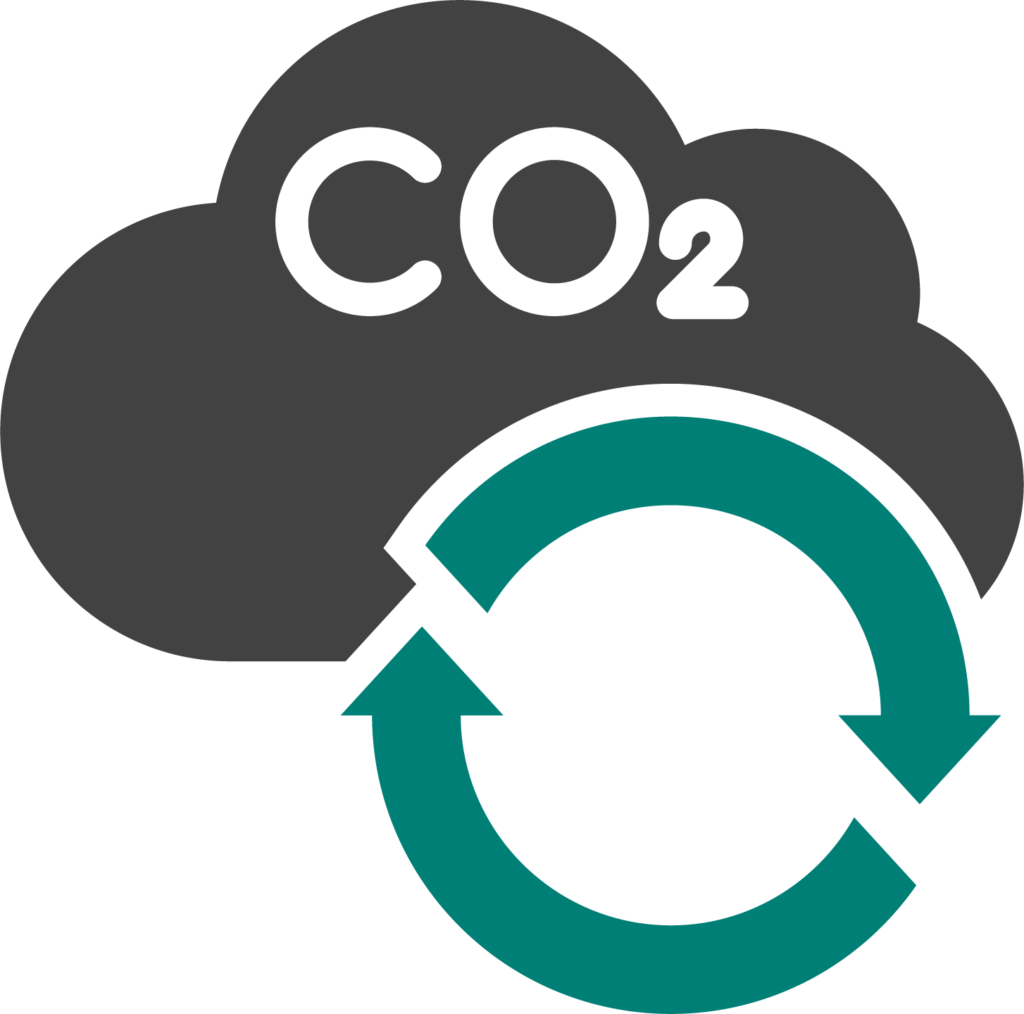
Utilise eco-design to close nutrient and carbon cycles
Unprocessed feather waste contains high quantities of microorganisms. When landfilled those represent a considerable risk of environmental pollution to the different environmental compartments including surface and groundwater, air and soil. Biodiversity can be affected.
But after valorisation, keratin-based products offer additional environmental benefits.
UNLOCK’s end products will present the following advantages:
- Tailor-made biodegradation. Biodegradability will be adjusted to the crops’ duration, resulting in zero waste generation at the end of the product life – thus reducing the negative carbon footprint.
- Soil enrichment. The products will gradually release organic nitrogen to the soil, with a desired fertilizing effect.
Feathers contain nearly 90% keratin, a valuable protein.

Study economic, social and environmental feasibility
The sustainability of a feather-based bioeconomy needs to be confirmed in real-life conditions.
UNLOCK will carry out an environmental and socio-economic assessment following a Cycle Thinking approach: Life Cycle Assessment (LCA) for environmental impacts, Social Life Cycle Assessment (S-LCA) for social impacts, and Life Cycle Costing (LCC) for economic impact.
TRL 7
The expected Technology Readiness Level of UNLOCK’s newly developedvalue chains.
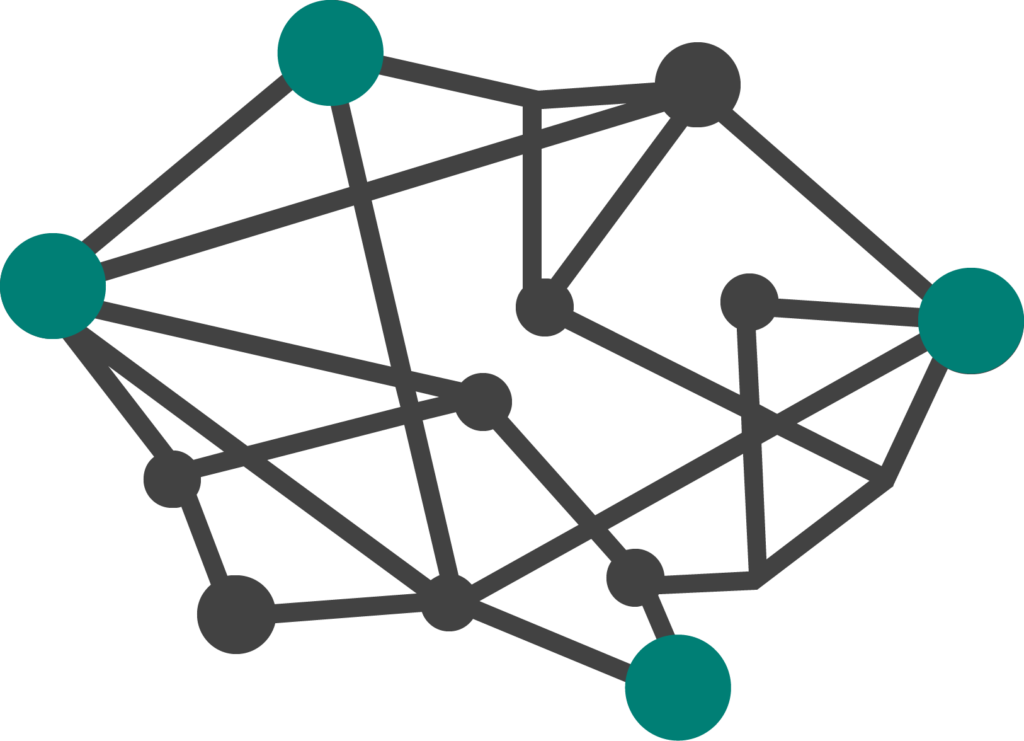
Study economic, social and environmental feasibility
To facilitate the market uptake of innovative solutions, stakeholders must be involved in co-creation processes.
By kicking-off regional feather-based bioeconomy clusters in Poland, France and Spain, UNLOCK supports the post-project replicability and uptake.
Poland, France & Spain
are among the five biggest EU producers of poultry
Why should you be interested in UNLOCK?
UNLOCK demonstrates the availability of a new feedstock with additional end-of-life benefits for the bio-based industries
UNLOCK facilitates the transition towards fossil-free production, by developing and testing new sustainable bio-based compounds
UNLOCK develops products directly tailored to the needs of the agriculture sector, with added logistical and environmental benefits.
UNLOCK will advance research on new bioeconomy technologies, products, and business models.
By demonstrating sustainable circular business models and developing new technologies, UNLOCK improves the competitiveness of the EU industries.
UNLOCK will help increase competitiveness and profitability of investing in separated feather collection systems and processing lines.
Unlock contributes to...

Managing natural resources sustainably
UNLOCK deploys innovative solutions for a circular use of biomass, using waste as a raw material.
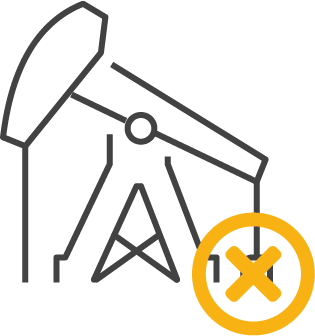
Reducing dependence on non-renewable resources
UNLOCK proposes solutions to substitute fossil raw materials in agricultural applications.
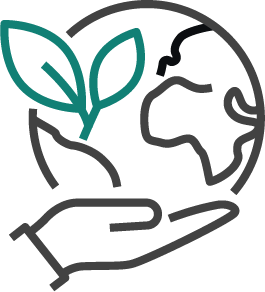
Protecting life on land
Microorganisms contained in unprocessed feather waste can affect biodiversity if landfilled. But after revalorisation, feathers are a source of nitrogen to microbial soil communities, thus enhancing biodiversity.
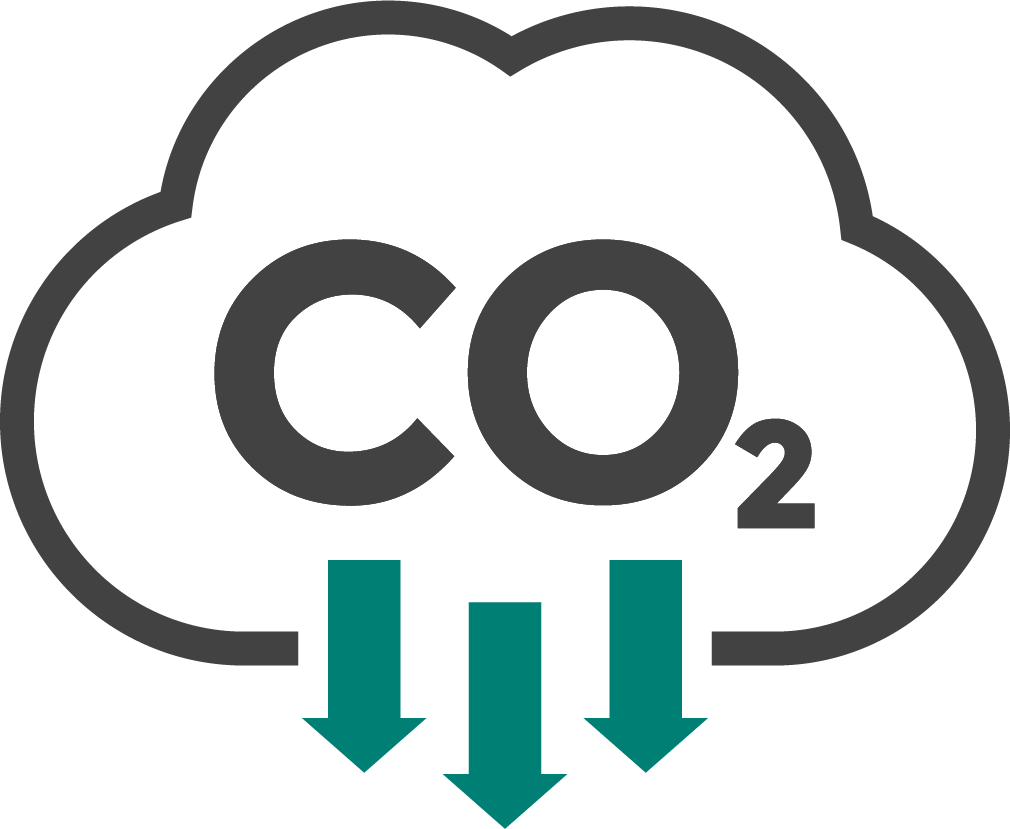
Reaching climate neutrality in the EU by 2050
UNLOCK reduces the overall CO2 emissions in the value chain by 20%.
Unlock in numbers
€ 5M
Budget
48
Months
15
Partners
7
Countries
8
Work Packages



